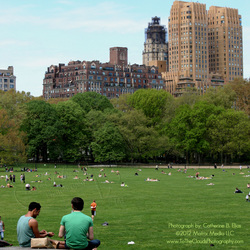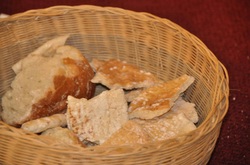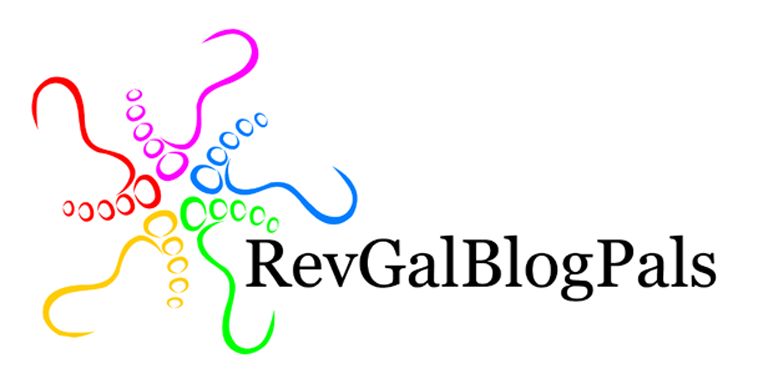Jesus said to them, ‘I am the bread of life. Whoever comes to me will never be hungry, and whoever believes in me will never be thirsty. But I said to you that you have seen me and yet do not believe. Everything that the Father gives me will come to me, and anyone who comes to me I will never drive away; for I have come down from heaven, not to do my own will, but the will of him who sent me. And this is the will of him who sent me, that I should lose nothing of all that he has given me, but raise it up on the last day. This is indeed the will of my Father, that all who see the Son and believe in him may have eternal life; and I will raise them up on the last day.’ Then the Jews began to complain about him because he said, ‘I am the bread that came down from heaven.’ They were saying, ‘Is not this Jesus, the son of Joseph, whose father and mother we know? How can he now say, “I have come down from heaven”?’ Jesus answered them, ‘Do not complain among yourselves. No one can come to me unless drawn by the Father who sent me; and I will raise that person up on the last day. It is written in the prophets, “And they shall all be taught by God.” Everyone who has heard and learned from the Father comes to me. Not that anyone has seen the Father except the one who is from God; he has seen the Father. Very truly, I tell you, whoever believes has eternal life. I am the bread of life. Your ancestors ate the manna in the wilderness, and they died. This is the bread that comes down from heaven, so that one may eat of it and not die. I am the living bread that came down from heaven. Whoever eats of this bread will live for ever; and the bread that I will give for the life of the world is my flesh.’  The Passover festival was near. Jesus and his disciples have just healed a crowd of people. And now Jesus wants to feed them as well. The resources at their disposal were one boy's lunch, five loaves and two fish. That story appears regularly on the preaching rotation. The lesson that takes place at the synagogue later however, does not. The reason for avoiding it is perhaps obvious. Eat my flesh; drink my blood. In a literal reading is barbaric. In an allegorical reading it is awkward. What is most important to me with this teaching passage is that it is John's version of our beloved sacrament, the Lord's Supper. This is it in John's gospel. There are no other words of institution at the Passover feast with his friends. Although there is a story about the Passover feast in John's gospel. If focuses on servant behavior with Jesus washing his disciple's feet. I'll be honest that every time I say the traditional words of institution, I feel a twinge of sadness that we leave John's community and perhaps their understanding of the Lord's Supper out of our understanding. Am I making too big of a deal? I don't think so. John's gospel was the last written and tremendous amounts of other doctrinal understanding comes from John's gospel. But his understanding of a shared meal and its meaning we have synchronized with the other gospels. What if the meal that we share once/month (that's how we do it at my church) was based on John's understanding alone? That would mean that the words of institution do not start with "on the night on which Jesus was betrayed..." What would words of institution sound like if they were in response to a miraculous feast followed by a lesson about the bread of life? What would those final words of invitation to the table sound like if not "every time we eat this bread and drink this cup we proclaim the saving death of our risen Lord until he comes again?" Because certainly the point that this feast in John is trying to make is not about proclaiming salvation in a time not yet but rather rejoicing in the living bread that has already come down from heaven.  One of the gifts of the Narrative Lectionary I believe it to honor each gospel's unique flavor. This journey through John provides us an opportunity to put John's teachings in specific perspective. I've been dreaming about writing a prayer for the table that honors this passage, this understanding of the sacrament of the Lord's Table. How might our understanding of the table expand if we tried out some new language for the next few months each time we share the meal together? I want to find out. So here's my take on the the words of institution through John's understanding... After the miraculous feast on the mountainside where a multitude were satisfied with five loaves and two fish, the disciples gathered twelves baskets of left overs. (Instead of one loaf, a basket is filled with pieces of bread that is then lifted up) Jesus said to them, "I am the bread of life. Whoever comes to me will never be hungry. And whoever trusts in me will never be thirsty." (Pour the cup at this time.) Those gathered said this teaching is difficult. And so Jesus continued saying, "I am the bread that came down from heaven." When we come to this table together, we trust God will satisfy us our hunger (lift the basket) and our thirst (lift the cup). Jesus shared this meal with a hungry crowd long ago and he shares it with us today. Let us bring our hunger and our thirst to the table of the one who called himself the Living Bread.
3 Comments
Judie Bryant
7/13/2015 02:53:17 am
I love your reflection on John. I'll add another question, "What if at our time of celebrating the sacrament, instead of sharing the bread and the cup, we washed each other's feet, thus emphasizing the serving and humility part of Christianity?
Reply
Gary Sturni
8/1/2015 09:38:29 am
Along the same line, what if, instead of the Creed, we recited the beatitudes?
Reply
Beth
8/5/2015 03:08:16 am
Yes, yes! I think affirming scripture in any way would be a wonderful addition to worship liturgy.
Reply
Leave a Reply. |
Search this blog for a specific text or story:
I am grateful for
|

This work is licensed under a Creative Commons Attribution-NonCommercial-ShareAlike 3.0 Unported License.
